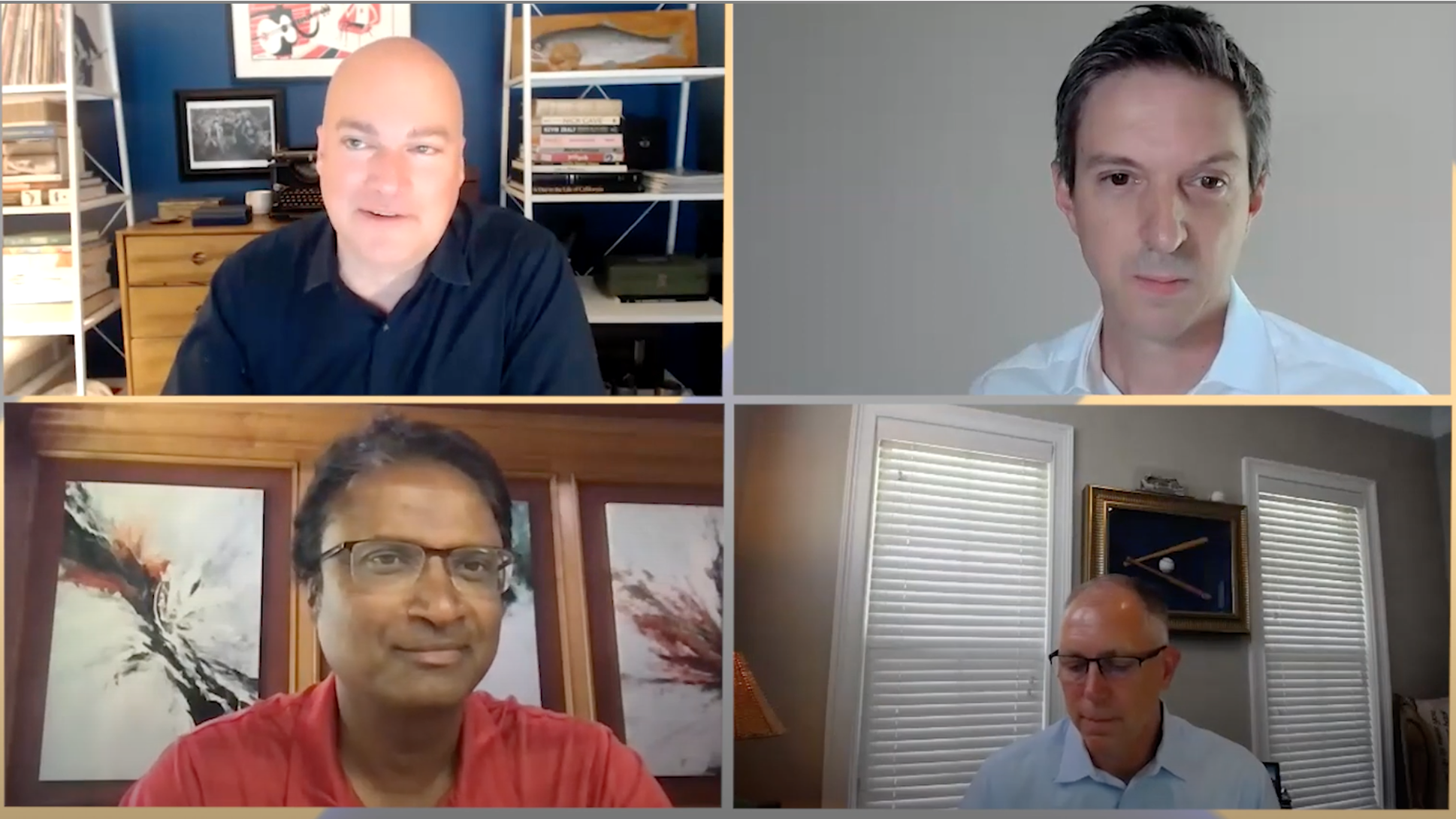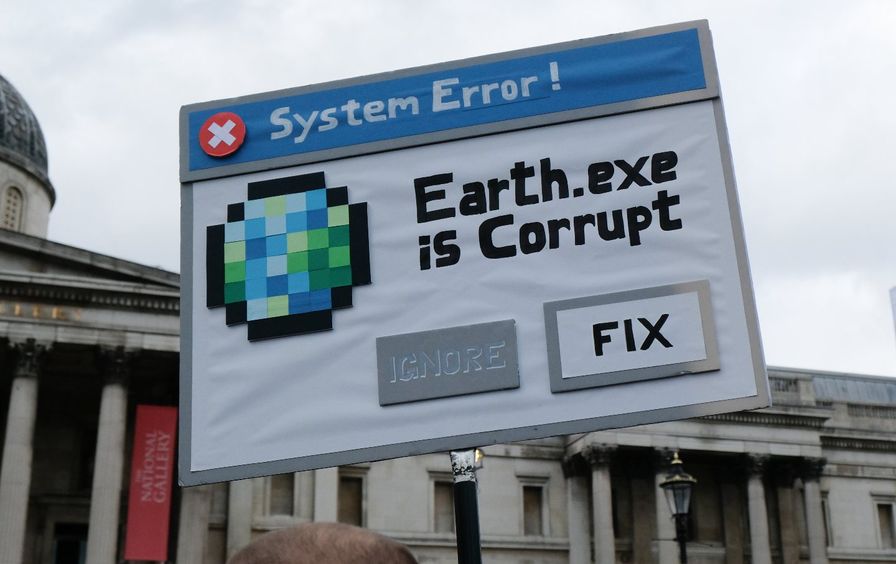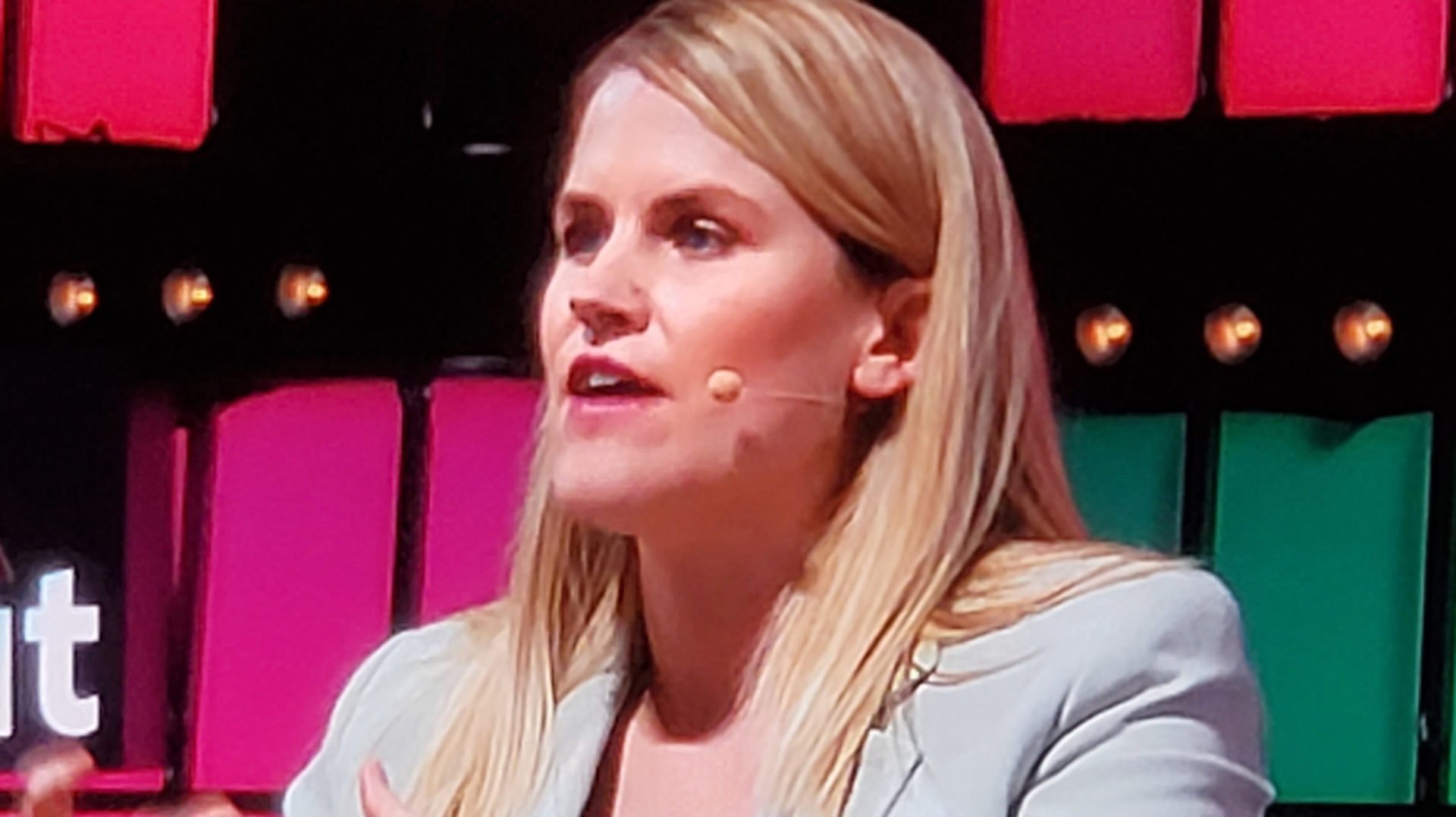People keep asking, “Why are you doing a Techonomy conference in Detroit?” We’re known for our invite-only annual retreat in the desert near Tucson. So why, you may wonder, is our first one-day event in a gritty, depressed, financially-troubled city that seems well past its glory?
The group that had the least trouble answering this question were our highest-profile tech speakers—Jack Dorsey, Steve Case, and Tim Draper. Once they heard we were doing a Techonomy event in Detroit they all said they wanted to be part of it—sometimes literally within seconds. With LinkedIn founder Reid Hoffman, I hadn’t even finished a sentence before he said, “I’m in.” His schedule later prevented him from coming, but he had instant enthusiasm for the idea.
What these guys who are deeply immersed in changing the world all realize is that the time is now to apply technology, innovation, and entrepreneurship to address our urgent national problems. Detroit, for the very fact that it is among the most challenging corners of our economy, is the perfect place to demonstrate the game-changing potential of these tools. I like to say that Detroit, with its infrastructure so decimated, is literally a green field—for farming (which is really happening here) or for innovation.
Techonomy Detroit, hosted by our close partners at the Detroit Economic Club, aims to shine a light on how technology can transform U.S. competitiveness, create jobs, grow our economy, and revitalize our cities.
If technology is the key ingredient to rejuvenating the American economy, it has to work where the problems are biggest and the task the hardest. Detroit has gone further down than just about any other major city. Its population is less than half what it was in its heyday. A large percentage of those who remain are extremely poor.
But we at Techonomy—and our speakers—believe we are in an era of technology breakthroughs that can enable any community to make rapid progress—if it embraces them. These tools can absolutely be applied in Detroit, or anywhere, to make a dramatic difference—faster than most recognize. That’s the message we hope to convey this coming Wednesday at the conference at Wayne State University. We see promising advances in education, health care, manufacturing, business structure and management, finance, entrepreneurship, urban planning, and yes even in transportation, Detroit’s historic strength.
While each area is seeing distinct innovations, certain trends cut across them all—increased efficiency, lower costs, the ability to get results with astonishing speed, and perhaps most importantly, a new inclusiveness. You don’t have to be General Electric to apply cutting-edge technology tools. Literally any motivated person can tap into many of the latest technologies. Behind these transformations lurk the four horsemen of modern Internet-based progress—cloud computing, social software, mobile technology, and the ability to gather and analyze vast quantities of data quickly and affordably (AKA”big data”).
But we at Techonomy worry that in general those setting policy and guiding government in the U.S. don’t see how quickly things are changing. They are missing the opportunities all this headlong technology change creates. For evidence look no further than the platforms and public rhetoric of both major parties. Neither focus sufficiently on the potential impact technology progress can have for revitalizing the economy. The political dialogue around Medicare, for example, is all about money—how much will we fund, and when. But the real opportunity is to urgently begin applying the tools of tech—especially big data and mobile—to cut costs so that no matter how we choose to finance health care in future, we’ll spend less.
One thing we were gratified to learn is the extent of an already-burgeoning startup and tech culture in Detroit. With a new energy downtown and a growing awareness that tech can be a strong force for local revival, local visionaries, led by Quicken Loans’ Dan Gilbert, are putting their money where their mouth is. Techonomy interviewed a bunch of local startups and others thinking hard about what it will take to revive Detroit. Find those articles here.
Not that a tech-focused transformation of Detroit and the American economy can be quick or easy. The jobs picture, for example, is increasingly murky in this technologized age. As efficiency washes over every discipline, the associated trends of automation and software-driven decision-making are putting people out of work. It’s unclear where the jobs will be, but it’s crystal clear that wherever they are, they will go to more highly-trained employees than the factory workers of the past. There will be less and less “unskilled” labor. That poses an immense challenge at a time when rather than investing even more in our workforce we are generally defunding education.
Some of the companies on stage at Techonomy Detroit will surprise you. Quirky, for example, just raised $68 million from Andreessen Horowitz, Kleiner Perkins, and others to expand its collaborative process to design, manufacture, and quickly distribute consumer products. Quirky’s CEO talks Wednesday morning. And Knack has a potentially even more earthshaking innovation—a way to measure human potential simply by asking people to play fun but complex games on their mobile phones.
Jack Dorsey invented Twitter out of his conviction that cities can work more efficiently. He took his experience designing dispatch systems for police cars and taxis and enabled individuals to similarly broadcast their location and intention using Twitter. His latest company, Square, aims to facilitate entrepreneurship by empowering any individual to accept payment by credit card. Dorsey sees that fluidity of financial exchange as a critical capability for cities of the future. He closes our conference 5pm Wednesday afternoon. (Watch live on our home page.)
Steve Case is working in a bipartisan way in Washington to help create a regulatory environment more friendly to entrepreneurs and startups. Josh Linkner’s Detroit Venture Partners is investing money into entrepreneurs in Detroit. Dan Gilbert is almost single-handedly revitalizing Detroit’s downtown. Bruce Katz of the Brookings Institution believes technologized cities can move forward more quickly. These impactful people are pointing the way to a better future. All will appear Wednesday at Techonomy Detroit, along with other luminaries—some famous, some likely to be. Join us there, or watch online.
We created Techonomy Detroit because we see a set of urgent issues for this city and the country that all of us need to better understand.
For complete coverage of the September 12, 2012, Techonomy Detroit conference, click here.
Why Techonomy Detroit?
People keep asking, "Why are you doing a Techonomy conference in Detroit?" We're known for our invite-only annual retreat in the desert near Tucson. So why, you may wonder, is our first one-day event in a gritty, depressed, financially-troubled city that seems well past its glory?















